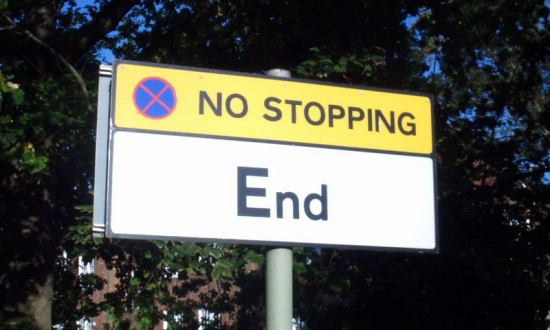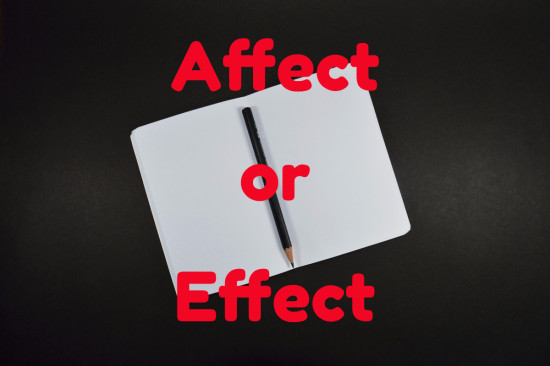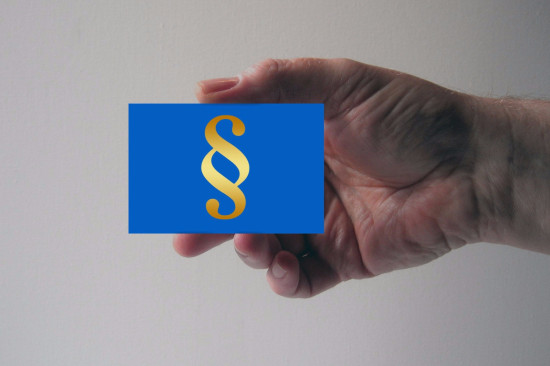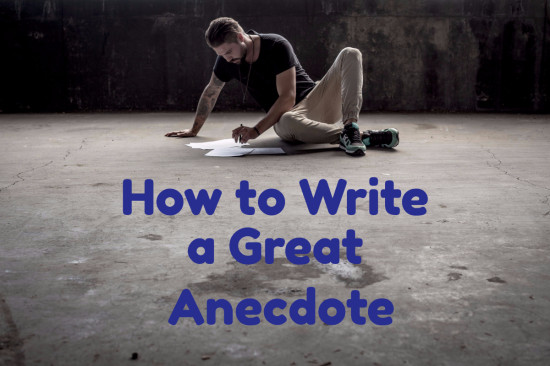What Are Mnemonics? (With Examples)

Mnemonics can be acronyms or they can be little rhymes or mental images, and they’re used as a way to remember things. Did you ever learn the rhyme: “Thirty days hath September, April, June and November? All the rest have thirty-one excepting February alone…?” If you know the rhyme, you’ll always be able to remember how many days there are in any given month and you are already using mnemonics.
That’s quite a complex mnemonic. Most of them are much easier and shorter. In fact, they can consist of a single “word” or a sentence in which the first letter of every word prompts the memory. A mnemonic can even be a mental image you use to call up information.
How can mnemonics help you in your studies? Have you ever noticed how difficult it can be to remember absolutely everything about a topic when under the pressure of answering exam questions? Sometimes, we forget to mention things we actually know, and because we omit these points, we lose marks. What a waste!
Remembering in the Correct Order
Sometimes, we not only have to remember a whole lot of things, but we also have to remember them in the right order. For example, if we are asked to list the planets of the solar system from the nearest to the sun to the furthest, we have to remember that Mercury is the closest, followed by Venus, Earth, Mars, Jupiter, Saturn, Uranus, Neptune and Pluto (even though it’s no longer a planet, but that’s another discussion).
That’s nine things to remember in the correct order! Is there an easy way? Take the first letter of every planet name, and we have “M,V,E,M,J,S,U,N and P”. That doesn’t make a word, but we could make a sentence in which each word starts with the letters we want in the correct order. You can get creative and make up your own sentence, or you can just remember this famous one: “My Very Easy Method: Just Set Up Nine Planets!”
In the exam room, you simply use your rough work paper to jot down the first letter of every word, and from there, it’s easy to get 100% for that question.
Remember Keywords for Longer Answers
Essay questions can be challenging, and your teachers will be looking for several points in your answer. If you have mnemonics to help you, you’ll be able to remember all the information you should cover. How can you describe the topics you need to discuss using only one word? Clearly, you need to pick out a keyword that will tell you what to write about in each paragraph.
As an example, business students might be asked what factors characterize effective goal-setting. There’s a common mnemonic that works for that. Goals should be SMART. The letters stand for: “Specific, Measurable, Achievable, Realistic, Time-bound”. Now you can write a paragraph about each of these characteristics and walk away with full marks!
Making Mental Associations
This really depends on you and your frame of reference. What do you think of when you hear a specific word? If something springs to mind, it can be a great way to learn and remember terminology or strange words.
When I was studying environmental science, I had to learn the Latin names of hundreds of plants. One of them, Wachendorfia thyrsiflora, is a plant that grows near water. It also has pretty flowers. How did I remember it? Well, I called it “Washerwoman thirsty flowers” in my own mind, which means more than two decades later, I still remember the Latin name of this plant as well as its preferred habitat. Simple prompts like “sounds like a disease” can help you to remember complex terminology by association.
Pictures and Songss
Some people like to compose a picture in their minds or associate information with their favorite songs. In the end, whatever gets your memory triggered so that you can spit out the appropriate information on demand is just fine!
When I had to learn the elements on the periodic table in the correct order, I simply made up a sort of a song that went: “HHe (said like a laugh, and reminding me that the first two elements are Hydrogen and Helium). Li Bee! BCNOFNe! (exclaimed in various tones of voice)” and so on. It was like a rhyme, and saying it made me chuckle, so remembering all those elements in the correct order wasn’t difficult at all.
You can use whatever nudges your memory, rings your bells, or blows your hair back. Learning to use mnemonics is actually great fun, and it makes taking tests much easier. It doesn’t replace learning, but it does help you to remember all the things you did learn when you need to. Best of all, there are no rules. I’ll even admit to composing a few mnemonics that were actually insults to some of my teachers. They never knew about it, and they still liked my exam answers.
Go forth! Enjoy yourself, and I’m willing to bet you’ll love the way mnemonics make remembering a breeze.









